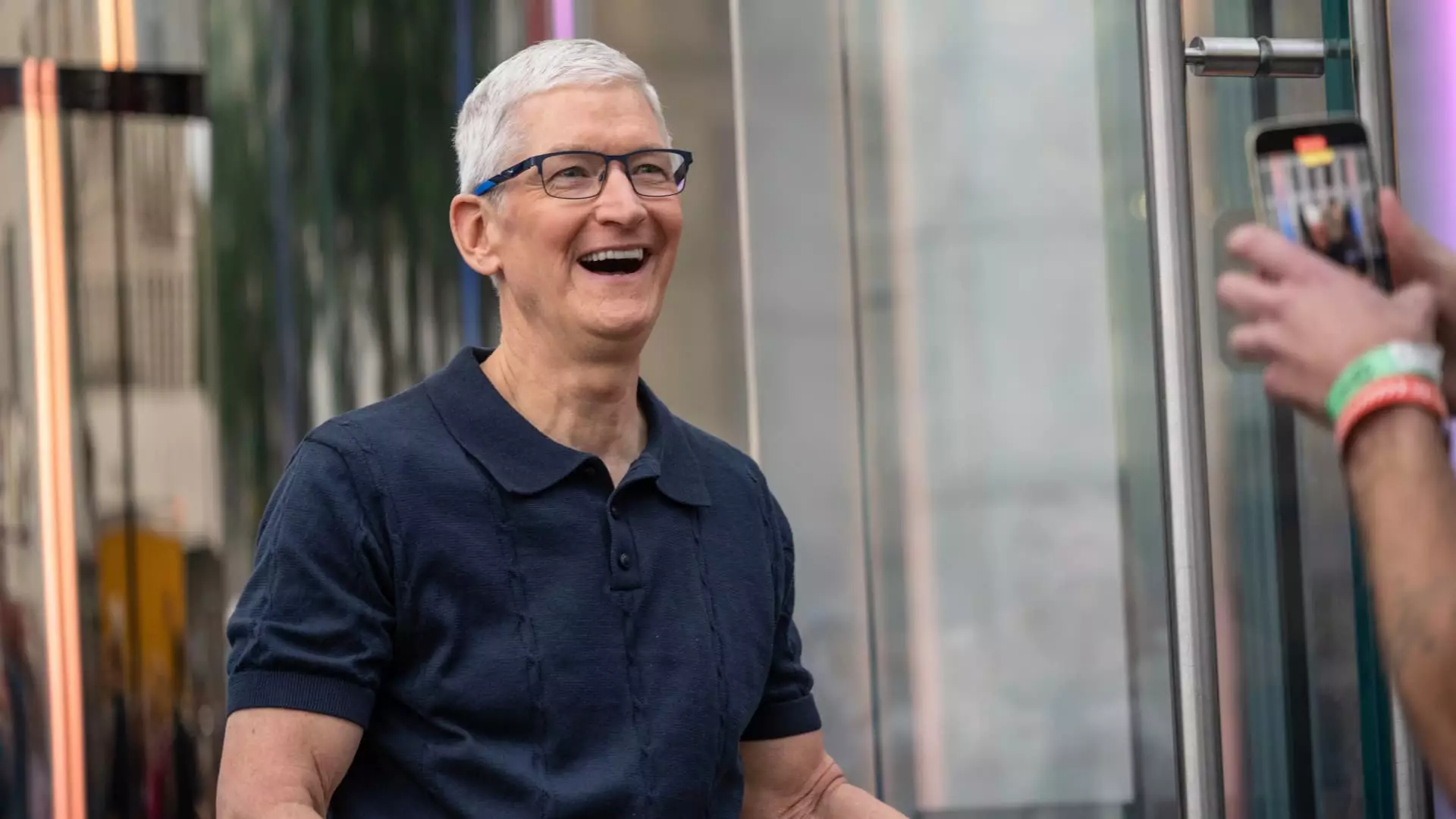Apple Inc. has announced a significant step towards strengthening its foothold in artificial intelligence (AI) and manufacturing with plans to establish a new factory in Houston, Texas. This initiative is part of a staggering $500 billion investment aimed at bolstering the company’s presence in the United States over the next several years. The factory, spanning 250,000 square feet, is expected to become a crucial hub for manufacturing the servers that will support Apple’s AI personal assistant software across various devices including the iPhone, iPad, and Mac. Such a development signals not only a commitment to local production but also a response to the growing demand for advanced AI technologies.
As part of this ambitious project, Apple plans to hire approximately 20,000 new employees nationwide. These roles will predominantly revolve around research and development (R&D), with particular emphasis on silicon engineering, software development, and AI and machine learning technologies. This hiring spree not only reflects Apple’s dedication to innovation but also showcases its role as a key player in boosting the U.S. economy. With a surge in employment opportunities, Apple solidifies its position as a leading employer in the tech sector, emphasizing the company’s strategic focus on fortifying its workforce with top-tier talent.
The timing of Apple’s announcement is significant, particularly considering the recent discussions between CEO Tim Cook and former President Donald Trump. This dialogue comes in the context of the Trump administration’s scrutiny over companies’ manufacturing choices, accentuated by the introduction of new tariffs on Chinese goods. Apple has faced mounting pressure to reduce its dependence on overseas manufacturing, especially in China, where the bulk of its product assembly occurs. Therefore, this investment in a U.S.-based facility can be interpreted as Apple’s strategic maneuver to navigate the complex political landscape and maintain a favorable relationship with U.S. policymakers.
Apple’s commitment to invest $500 billion also comes with a spotlight on its contributions to the American economy. The company has highlighted its role as one of the largest taxpayers in the United States, indicating that it has contributed over $75 billion in taxes over the past five years. This assertion not only serves to bolster its image among consumers and investors but may also be aimed at addressing potential criticisms regarding the company’s tax strategies and overseas operations.
In tandem with establishing the Texas factory, Apple announced plans to double its Advanced Manufacturing Fund from $5 billion to $10 billion. This move underscores its dedication to fostering advanced manufacturing techniques across the U.S. Additionally, the establishment of a new manufacturing academy in Michigan reflects Apple’s commitment to cultivating a skilled workforce capable of meeting the demands of modern manufacturing. These efforts are critical as they align Apple with the growing trend of reshoring manufacturing tasks that have historically been relegated to overseas locales.
Apple’s multifaceted investment in the U.S. underscores its vision not only for the future of its business but also for technological advancement in American manufacturing. By embracing this bold strategy, the company is positioning itself as a leader in both AI and manufacturing, while also promoting job growth and innovation within the industry. As we enter a new era defined by digital advancement and automation, Apple’s commitment to building a state-of-the-art AI infrastructure within the U.S. may very well set a precedent for other tech giants to follow, thereby defining the landscape of American technological innovation for years to come.



Leave a Reply